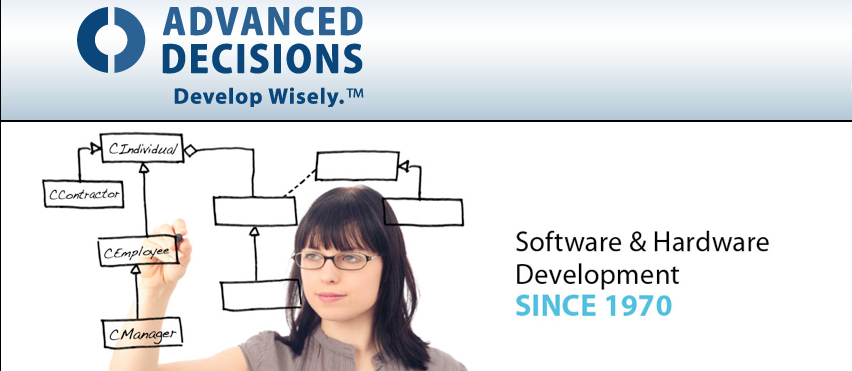In so many areas of my life I go thru these cycles of feast or famine – social engagements, work load, car problems, what have you. I either have lots or none, or is that just my perception?
There’s one area that I can think of in which I’ve never had this problem – the software development organizations I’ve been a part of. Sure, we’ve had that with bugs, or turnover, but never, ever, ever workload. There was ALWAYS more than enough work to do. Maybe it’s just the nature of the beast – companies always want to improve their products and there are a wealth of ideas on how to do that. It’s also a positive thing. I love being busy, and if a company can not keep it’s developers busy, why does it need them?
The downside however can be a feeling of overwhelm, or inefficiencies, or continual long, long weeks. What kinds of things can we do to smooth this out a bit, or at least mitigate the negatives? I have some ideas:
1) Prioritization – so many organizations are SO bad at this. The priority is the priority of the moment, based on the loudest customer, one data point, or the whim of an executive. A well thought out prioritization can allow your development teams to get more done, just by finishing what they’re already working on. I’m not saying it should never change, but it certainly should change less frequently than you change your clothes.
2) Focus – knowing the big picture will help with number 1, as well as with coherency of design and team morale. If you’re building something to do x, don’t try to do y. Pick one thing (at least to start) and do it exceptionally well
3) Learn to say “No” – I find that people (not just in development organizations) spend an inordinate amount of time exploring roads not taken, as in “maybe we should have done x”. I once heard a speaker call this “Killing the un-chosen alternative.” I like that, and not because I’m violent – I’m not. I like it because it allows you to devote 110% of your attention to being successful on the path chosen and stop second-guessing yourself, a time wasting distraction if there ever was one.
I for one hope there isn’t a famine of new product ideas or developers to carry them out. Let’s just try to do it sanely.
